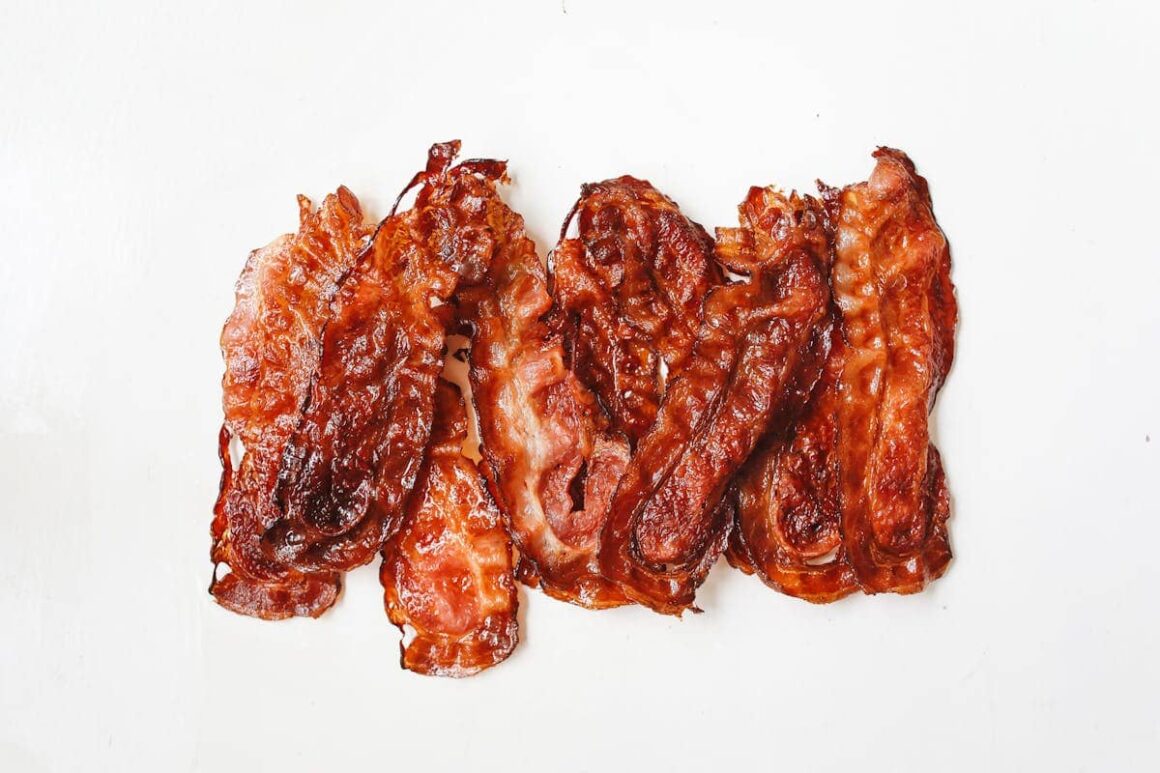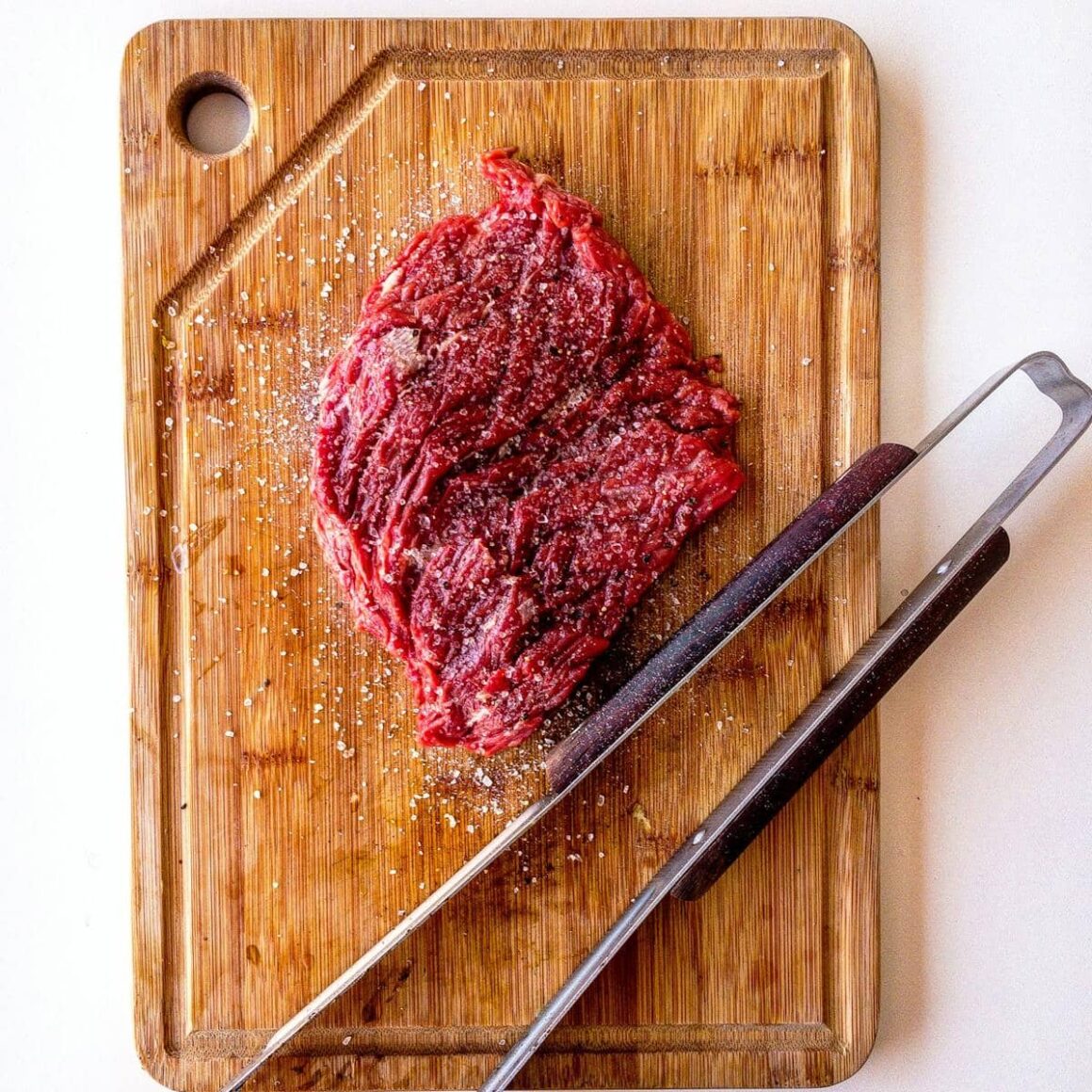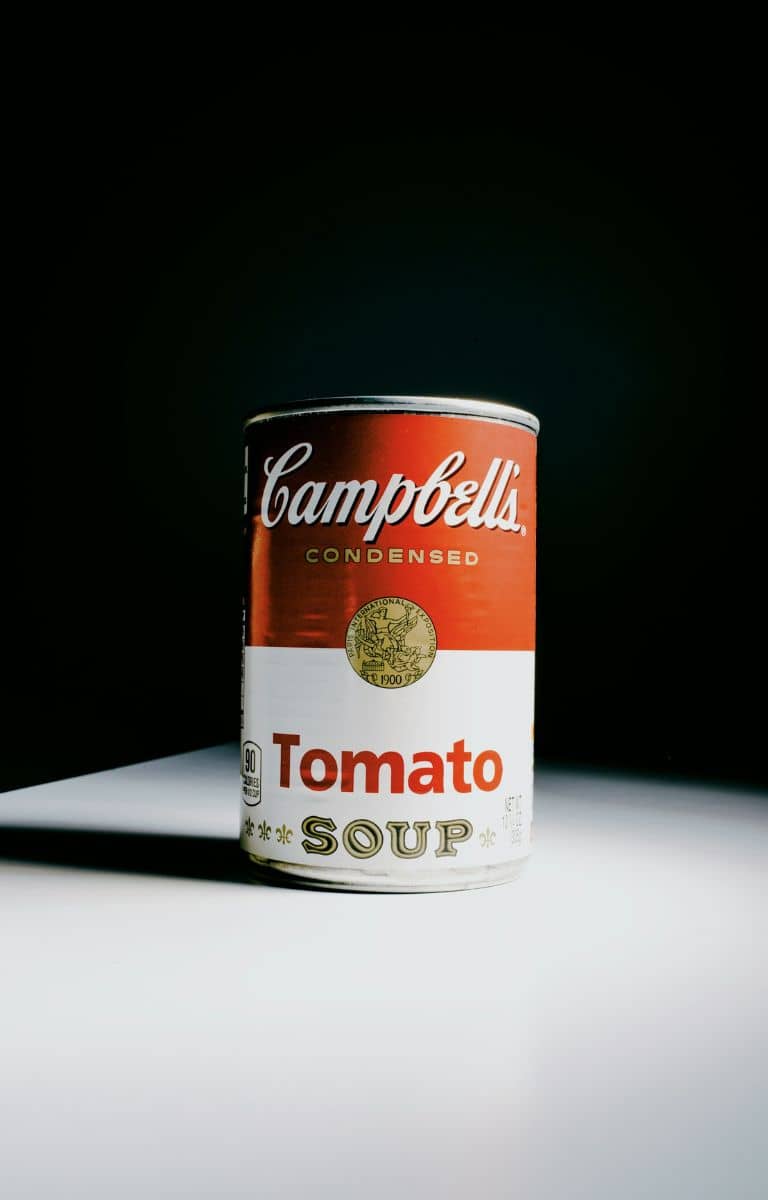Maintaining a heart-healthy diet is crucial, but some beloved foods are sneaky little heartbreakers if not eaten in moderation.
Here’s a list of 12 popular foods that can be bad for your heart. Buckle up, and maybe have some kale on standby.
1. Processed Meats

Processed meats are like that charming ex—seemingly irresistible but ultimately bad for you. Loaded with salt, saturated fat, and preservatives like nitrates, they ramp up your blood pressure and cholesterol levels.
Studies show a 42% higher risk of heart disease with regular consumption. Sorry, bacon lovers, it’s time to swipe left.
2. White Bread, Pasta, and Rice

Refined grains like white bread, pasta, and rice quickly convert to sugar in your body, causing spikes in blood sugar and insulin levels. This can contribute to belly fat accumulation, a risk factor for heart disease and type 2 diabetes.
Research in the American Journal of Clinical Nutrition found that people who ate more whole grains and fewer refined grains had less visceral adipose tissue, a particularly harmful type of fat.
3. Take-out Pizza

One slice of commercial pizza can pack a whopping 640 mg of sodium. Add high-fat cheese and processed meats, and you’ve got a recipe for inflammation and heart trouble. It’s a delicious but dangerous combo that might make you rethink your next pizza night.
4. Excessive Alcohol

While moderate alcohol consumption may have some heart benefits, excessive drinking can lead to high blood pressure, heart failure, strokes, and weight gain.
The American Heart Association defines moderate drinking as one to two drinks per day for men and one drink per day for women.
Drinking beyond this can contribute to cardiomyopathy, where the heart muscle becomes enlarged and weakened.
5. Butter

Butter is the charming rogue of the kitchen—delicious but full of saturated fat. One tablespoon has about 7 grams, a third of your daily limit. Elevated LDL cholesterol from butter is a fast track to heart disease.
Maybe try spreading some avocado instead.
6. Bacon

Bacon is a double-edged sword: high in saturated fat and salt. An ounce contains about 30 mg of cholesterol and 190 mg of sodium, increasing the risk of heart disease and diabetes.
As tasty as it is, it’s better saved for rare treats.
7. Red Meat (Beef, Lamb, Pork)

Red meat is high in saturated fat, boosting cholesterol levels. It also contains carnitine, which gut bacteria convert to TMAO, a compound associated with increased heart disease risk.
A study in the European Heart Journal found that high red meat consumption was linked to a 19% higher risk of heart disease.
8. Sugary Sodas

Sugary sodas are the sirens of the beverage world, luring you in with sweetness but packing up to 39 grams of sugar per can.
Regular consumption is linked to weight gain, type 2 diabetes, and heart disease. Swap out soda for sparkling water to keep your heart happy.
9. Baked Goods

Baked goods often hide high levels of sugar and unhealthy fats, including trans fats, which are particularly bad for heart health. Even small amounts of trans fats can wreak havoc by increasing bad cholesterol and inflammation.
Maybe reach for some fruit instead of that cupcake.
10. French Fries

French fries are the guilty pleasure with a high price. They’re full of fat and salt, and frequent consumption can increase the risk of early death. The high-temperature frying process also produces acrylamide, a potential carcinogen.
For a healthier option, try baking your potatoes.
11. Fried Chicken

Deep-fried chicken is a triple threat of calories, fat, and sodium. The breading soaks up fat, making it particularly unhealthy. Regular consumption is linked to higher heart disease and stroke risk.
Opt for grilled chicken to satisfy your cravings without the guilt.
12. Canned Soups

Canned soups often come with a heavy dose of sodium, sometimes up to 940 mg per serving. High sodium intake can lead to high blood pressure, a major risk factor for heart disease.
Look for low-sodium versions or make your own soup at home to keep things heart-healthy.
Occasional indulgence is okay, but remember, moderation is key. Always consult with a healthcare professional or registered dietitian for personalized advice.
Share these tips with friends to help keep their hearts in top shape!

